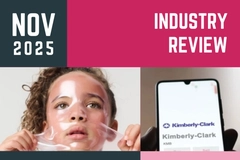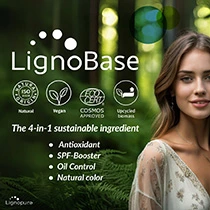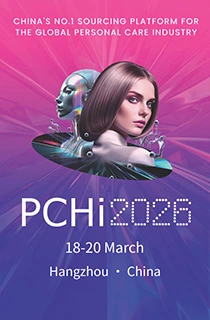PCPC discusses global adoption of non-animal testing methods for cosmetics

Growing consumer demand for transparency in the personal care industry and scientific advancements facilitating more ethical practices are putting pressure on regulators to enforce stricter policing on brands and formulators. Animal cruelty in the industry has long been of public concern, and as New Approach Methodologies (NAMs) gain credit, in vivo assessments are becoming less necessary to determine a product’s or ingredients’ safety.
The US FDA recently announced a plan to replace animal testing in the developmental phases of some antibodies and drugs with more human-relevant alternatives.
While supporting the FDA’s decision, the Personal Care Products Council (PCPC) argues that these human-relevant testing methods have long existed and that the plan to phase out animal testing methods should be applied to more industries — such as personal care — not just antibody and drug testing.
Personal Care Insights speaks with the PCPC about how NAMs have the potential to trump animal testing and the obstacles keeping it from becoming the industry standard.
What does a regulatory framework fully embracing NAMs look like?
PCPC: The personal care industry envisions using next-generation risk assessment, which incorporates NAMs, to ensure safety decisions are scientifically sound and protective of human health. Our goal is that these approaches, based on the best available science, will be confidently applied in a regulatory context.
Transitioning away from animal testing is a policy that enjoys support from many stakeholders. NAMs and real-world human evidence will enable innovative products to enter the market sooner.
What are the biggest challenges in implementing non-animal testing methods across the personal care industry?
PCPC: The personal care industry pioneered many non-animal testing methods and progressed through rigorous international validation processes to achieve internationally recognized guidelines. They are now widely implemented in the personal care products industry and beyond, and recognized as the methods that most accurately predict human responses.
.jpg) The PCPC says regulators should adopt a framework based on the most advanced scientific approaches.Our industry has long advocated for regulators to adopt a framework based on the most advanced scientific approaches. We look forward to working closely with the FDA to modernize product safety assessment and accelerate innovation.
The PCPC says regulators should adopt a framework based on the most advanced scientific approaches.Our industry has long advocated for regulators to adopt a framework based on the most advanced scientific approaches. We look forward to working closely with the FDA to modernize product safety assessment and accelerate innovation.
How does the PCPC collaborate with international regulatory bodies to push for global harmonization on alternatives to animal testing?
PCPC: We work closely with the International Cooperation on Cosmetic Regulation (ICCR) and International Cooperation on Alternative Test Methods (ICATM) to harmonize and encourage the global adoption of alternative methods for safety assessments.
Our involvement with the ICCR facilitates the alignment of regulatory approaches across the European Union and other member countries, including the US, Japan, Canada, Brazil, China, Taipei, and the Republic of Korea. Additionally, PCPC supports initiatives like the International Collaboration on Cosmetics Safety, a coalition comprising over 40 cosmetics brands, ingredient suppliers, and animal welfare organizations.
This collective works toward adopting animal-free safety testing methods for both finished products and ingredients, advancing the global shift toward non-animal testing approaches.













